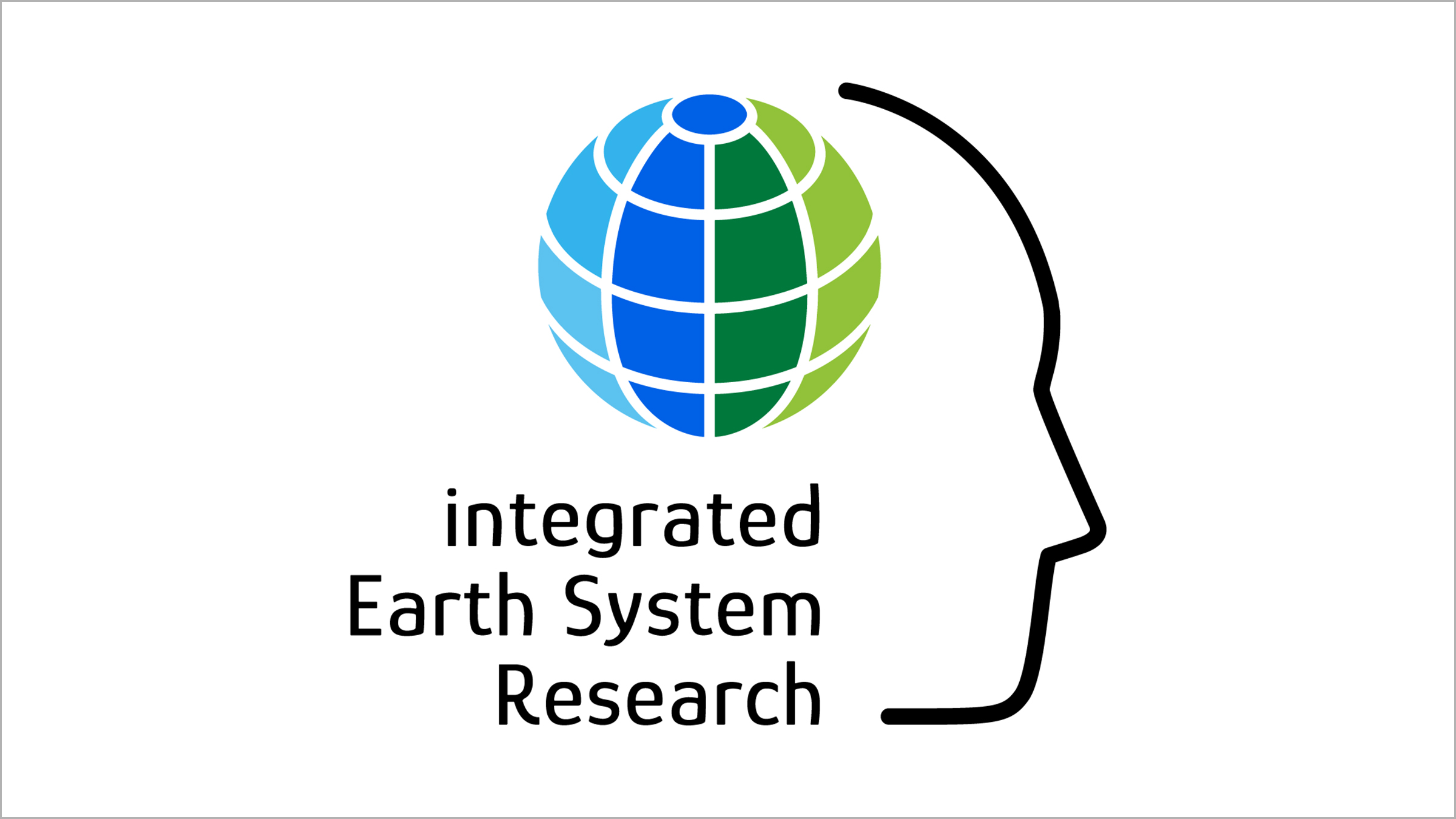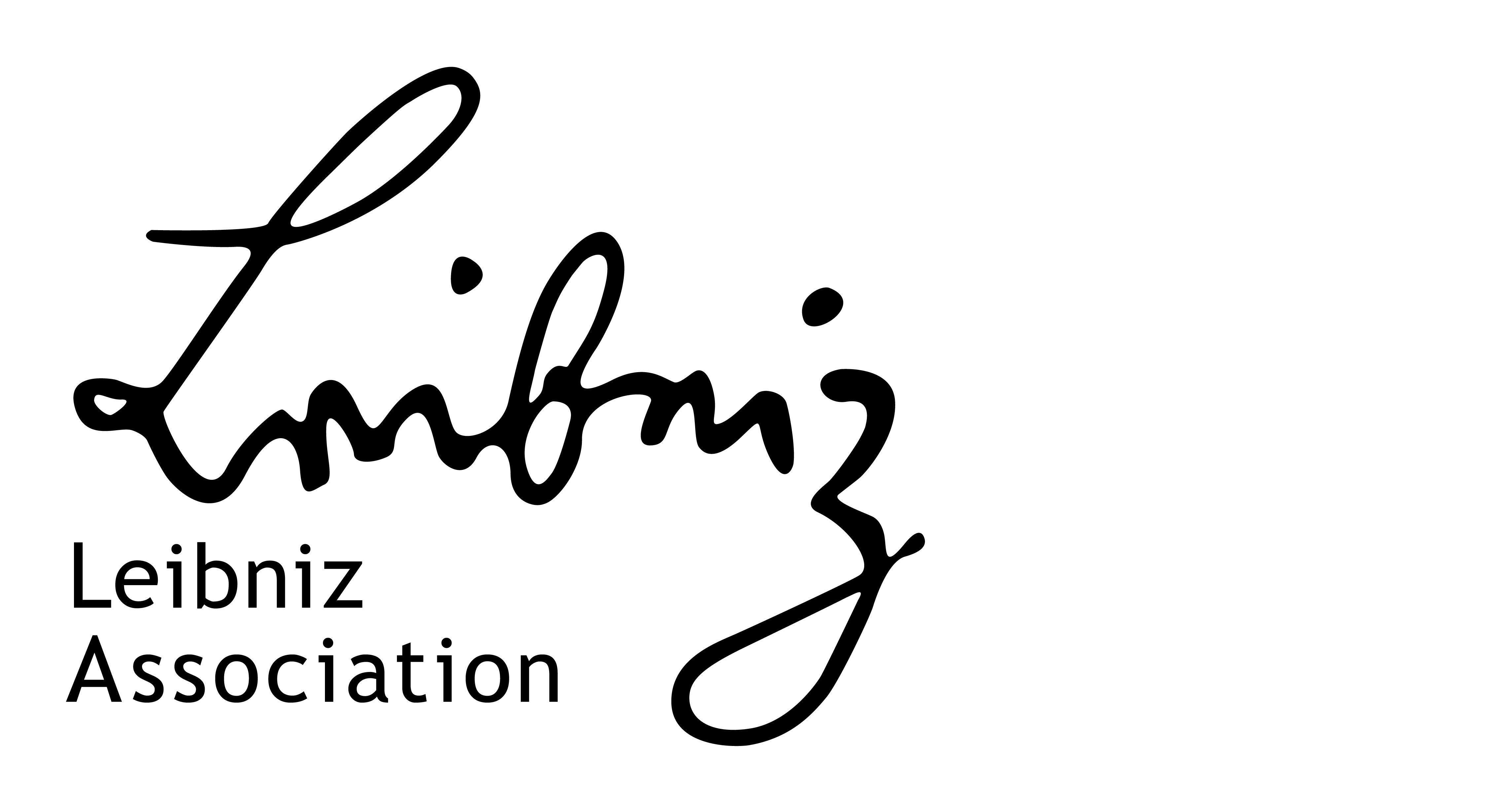- Home
- Research & Transfer
- Research Projects
- Leibniz Research Network "Integrated Earth System Research"
Leibniz Research Network "Integrated Earth System Research" (iESF)

Humanity is increasingly influencing the Earth system that has evolved over millions of years. Visible signs of this 'Anthropocene' are global warming, pollution of the oceans and the decline in biodiversity. In the coming years, therefore, societal decisions of civilization-historical significance will have to be made. A fundamental question is: How can the Earth system be ecologically stabilized in such a way that well-being, prosperity, justice, peace and security for all people are secured or even achieved?
Leibniz Association, 2022 - 2026
Cooperation Partners
Research Questions
GIGA researcher Dr. Miriam Prys-Hansen is one of two co-speakers of the network. She also leads, together with Prof. Dr. Jochen Schanze and Prof. Dr. Dieter Gerten, the working group "Theoretical Foundations, Methods and Models of 'Integrated Earth System Research'".
Contribution to International Research
On the one hand, the network develops innovative principles of integrated Earth system research. On the other hand, it is currently investigating the theoretical foundations, methods and models of 'Integrated Earth System Research', atmosphere in the Earth system, oceans and their uses in the Earth system, water cycle and inland waters in the Earth system, biodiversity in the Earth system, bioeconomy in the Earth system, urban-rural relations in the earth system, environmental migration and security in the earth system and data and tools for 'integrated Earth system research'. Climate change is considered throughout.
Research Design and Methods
"Integrated Earth System Research" (iESF) is an interdisciplinary network of 22 Leibniz institutes. It operates working groups related to questions of oceans, inland waters, atmosphere, biodiversity, bioeconomy, urban-rural relations, and environmental migration. Cross-cutting working groups have been established on Theoretical Foundations, Methods and Models of 'Integrated Earth System Research', and on Data and tools for 'Integrated Earth System Research'.

